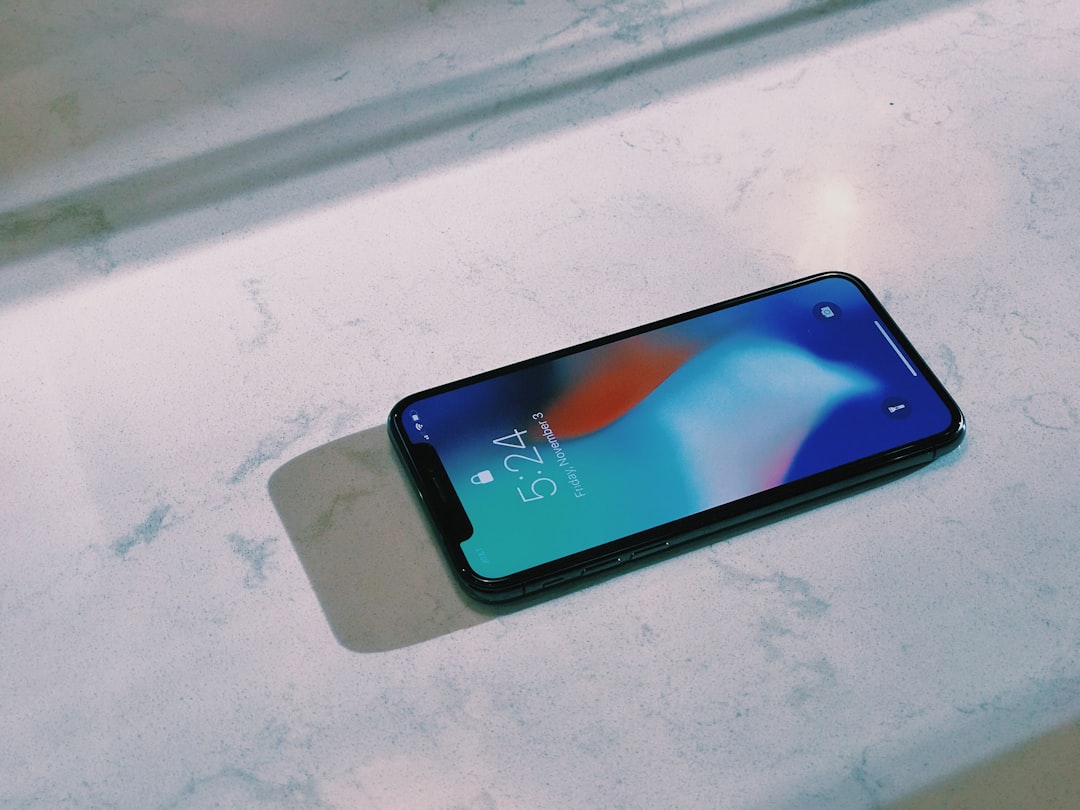In today's digital era, robocall lawyers in New York City address the surge of unwanted automated calls, navigating complex TCPA regulations to protect individuals and businesses from harassing or fraudulent calls. They emphasize privacy measures like encryption, do-not-track options, and transparent settings, enabling users to control data. For businesses, these lawyers ensure compliance with consumer rights and data protection laws, fostering trust through secure call practices.
In today’s digital age, robocalls have become a ubiquitous part of our daily lives, but they also raise significant privacy concerns. For those facing unwanted or fraudulent calls, seeking relief through a robocall lawyer New York is increasingly common. This article delves into the growing need for personal data privacy in the context of robocalls, explores key features that protect user information in dedicated apps, and navigates the legal landscape surrounding these services to ensure robust privacy safeguards.
Understanding Robocall Lawyer New York: The Growing Need for Privacy

In today’s digital age, where personal data is a valuable commodity, the rise of robocalls has created a pressing need for enhanced privacy measures. Robocall lawyer New York has become a sought-after solution for individuals and businesses alike, addressing the growing concern over unsolicited automated phone calls. These calls, often filled with marketing messages or fraudulent schemes, can leave recipients feeling invaded and vulnerable.
With strict data privacy laws in place, such as the Telephone Consumer Protection Act (TCPA), there is a legal framework to protect consumers. However, staying ahead of malicious robocallers requires innovative tools and legal expertise. A robocall lawyer New York specializes in navigating these complex regulations, ensuring businesses comply while offering recourse for those affected by harassing or illegal automated calls.
Personal Data Protection: Key Features in Robocall Apps

In today’s digital age, where communication takes many forms, personal data protection is paramount, especially in popular apps like robocall services. A reputable robocall Lawyer New York can attest to the growing importance of robust privacy features within these applications. Users increasingly demand control over their information, and developers must rise to the challenge of securing sensitive data from potential breaches or misuse.
Key features that contribute to effective personal data protection in robocall apps include end-to-end encryption for all calls, ensuring only the parties involved can access the content exchanged. Additionally, do-not-track options allow users to opt out of data collection practices, preventing their personal information from being shared or sold without consent. User-friendly privacy settings that provide transparency about data usage and storage are also vital, empowering individuals to make informed choices regarding their contact details and communication preferences.
Navigating Legalities: Ensuring Privacy in Robocall Services

In the realm of robocalls, ensuring privacy is a complex matter that requires navigating intricate legalities. With strict regulations in place like the Telephone Consumer Protection Act (TCPA) in the US, services offering robocall functionality must adhere to stringent guidelines regarding data collection and usage. For instance, in New York, where tech-savvy folks often seek cutting-edge communication solutions, robocall lawyers play a pivotal role in safeguarding consumer rights. These legal experts help businesses establish compliant practices, ensuring their automated calls respect individual privacy.
By employing robust privacy measures, robocall services can mitigate potential legal pitfalls and build trust with users. This includes obtaining explicit consent before dialing, providing clear opt-out options, and securely storing personal data. With the right legal framework in place, businesses can harness the power of robocalls for marketing or informational purposes while respecting consumer autonomy.






